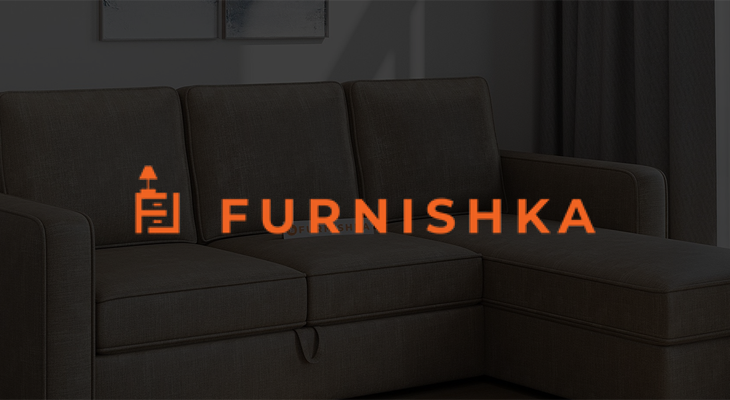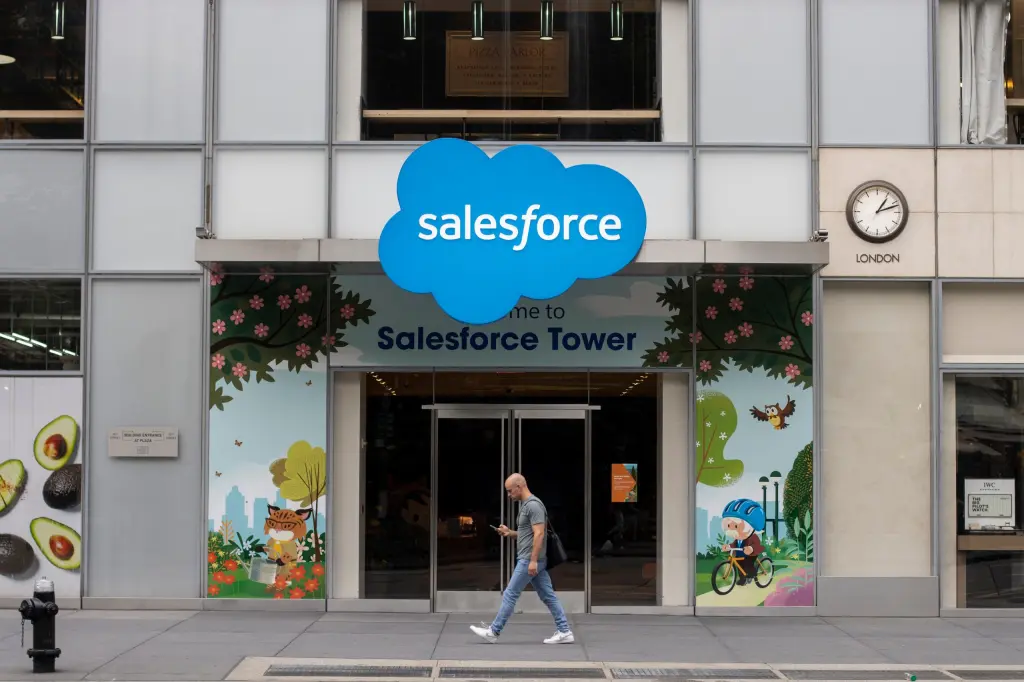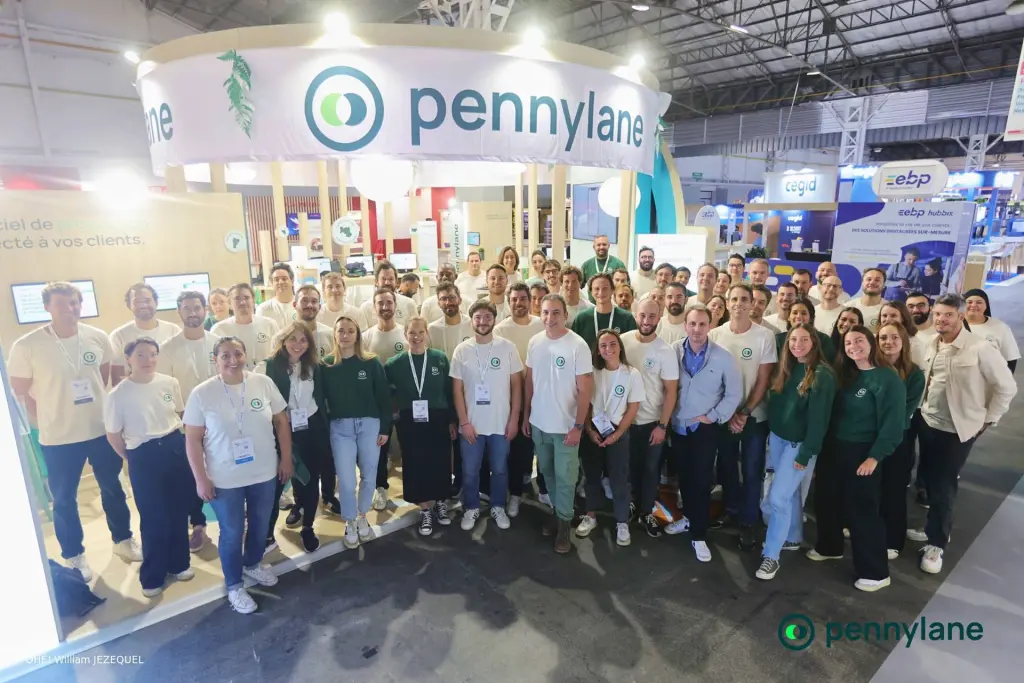Furnishka Raises ₹27 Crore in Pre-Series A Funding Round Led by IndiaQuotient
- ByStartupStory | October 4, 2024

Bengaluru-based furniture retailer Furnishka has successfully raised INR 27 Cr (approximately $3.25 Mn) in its Pre-Series A funding round led by IndiaQuotient. This funding round also saw participation from Sparrow Capital and a group of angel investors, including Udaan cofounder Sujeet Kumar and Livspace cofounder Ramakant Sharma.
The newly secured funds will be utilized to enhance product design and development, improve manufacturing and supply chain capabilities, and facilitate the company’s expansion into new locations. To date, Furnishka claims to have raised a total of INR 45 Cr (around $5.42 Mn) in funding since its inception.
Founded last year by Ganesh Pawar, who is also a cofounder of Spinny, Furnishka aims to tackle the challenges within India’s home furnishing market. The startup operates both online and offline stores in Bengaluru, boasting over 1,000 SKUs and offering customizable designs.
Anand Lunia, partner at IndiaQuotient, emphasized the potential of Furnishka, stating, “Furnishka’s expertise in logistics and customer-centric approach creates the ideal synergy to build a large-scale, omnichannel furniture retail chain. The team’s approach to supply chain management and their focus on affordable, high-quality furniture positions them well to capture this market.”
This funding comes at a pivotal time for the Indian furniture market, which is experiencing significant growth. According to Mordor Intelligence, the market is projected to reach a size of $29.86 Bn by 2029.
The broader furniture retail landscape is also buzzing with activity as several companies announce expansion plans. Godrej Interio aims to open 104 new stores in fiscal year 2025, projecting a 20% growth. IKEA has set a target to electrify all deliveries in India by 2025. Additionally, online furniture brands such as Pepperfry and Urban Ladder are expanding their reach, with Pepperfry targeting double-digit growth in 2024-25 through an expanded product portfolio and entry into Tier I and II cities, while Urban Ladder plans to double its retail store presence from 32 cities in 2024.










